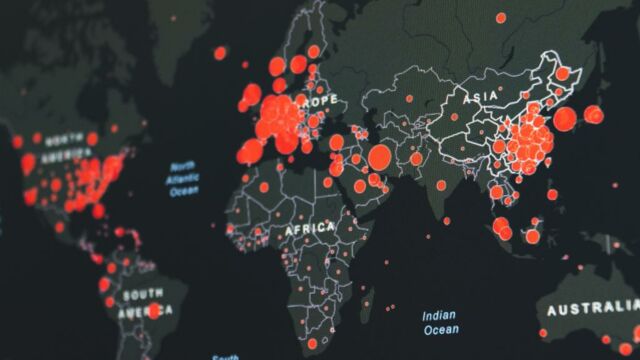With COVID cases rising steadily over the last month, the UK is now living through its third wave and SAGE experts are now saying that a fourth one could be in the horizon.
Discover our latest podcast
Current numbers
Though the vaccination program has significantly helped in containing and reducing the number of deaths per day, cases have jumped 24% from last week. Figures from yesterday, 20 June, showed a further 9,284 people having contracted the virus compared to the 7,490 just seven days prior.
These numbers are now mounting fear onto experts who predict that a fourth wave will sweep the nation in the upcoming colder months of the year. In particular, professor Calum Semple—member of the Scientific Advisory Group of Emergencies (SAGE)—believes that further lockdowns might be necessary in light of the potential emergence of new respiratory viruses and variants of the deadly COVID-19. In an interview with Times Radio, professor Semple said:
I suspect we'll have a pretty miserable winter because the other respiratory viruses are going to come back and bite us quite hard. But after that, I think we'll be seeing business as normal next year.
And added:
There's a sting in the tail after every pandemic, because social distancing will have reduced exposure, particularly of pregnant women and their newborn babies, they will have not been exposed to the usual endemic respiratory viruses.
A milder fourth wave?
However, the professor also noted that this fourth wave, if it does happen, would be much milder than previous ones as the more people get vaccinated the less contagious the virus would be. As of June 19, over 73 million jabs have been given in the UK so far of which 42,964,013 were first doses—a rise of 280,241 on the previous day.
This promising numbers have prompted Dr. Susan Hopkins, the strategic response director for Covid-19 at Public Health England (PHE), to believe that a fourth wave would not nearly have the same impact as the ones seen in the past. She explains that:
We may have to do further lockdowns this winter, I can't predict the future, it really depends on whether the hospitals start to become overwhelmed at some point.
But I think we will have alternative ways to manage this, through vaccination, through anti-virals, through drugs, through testing that we didn't have last winter.















